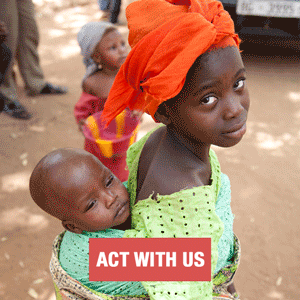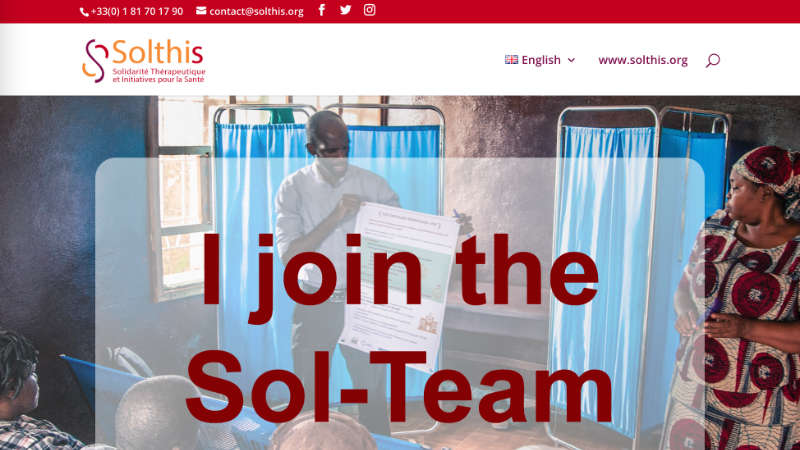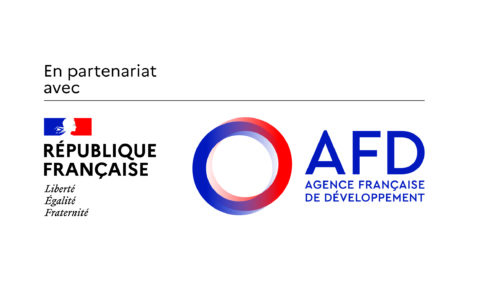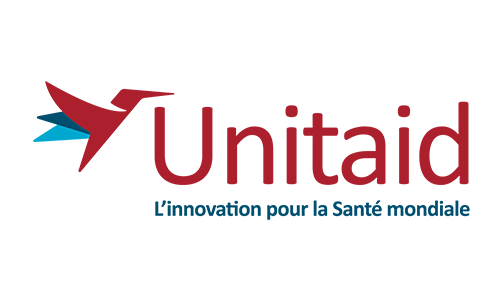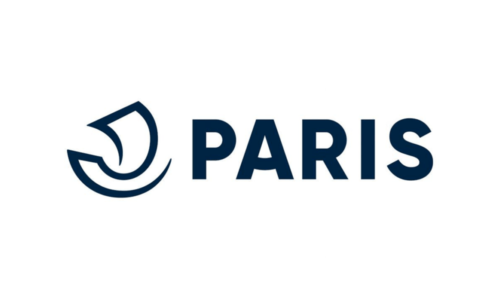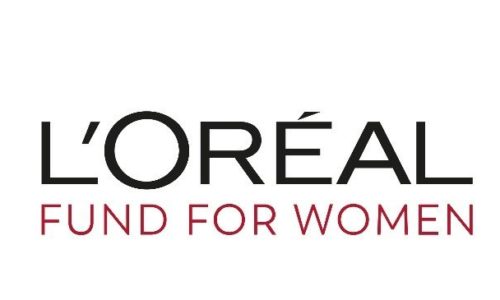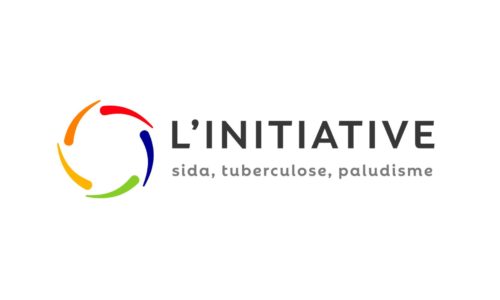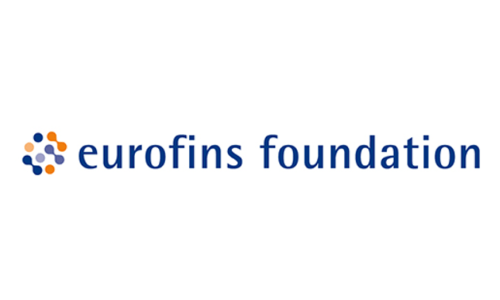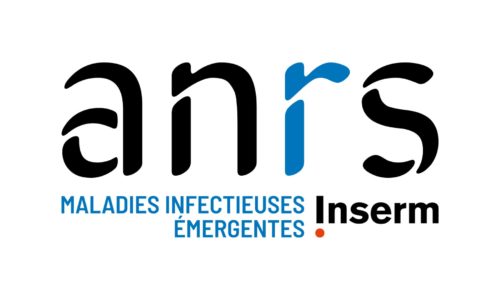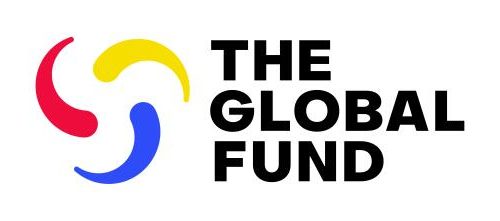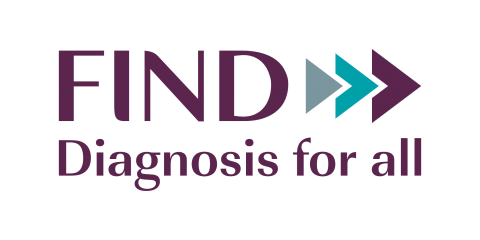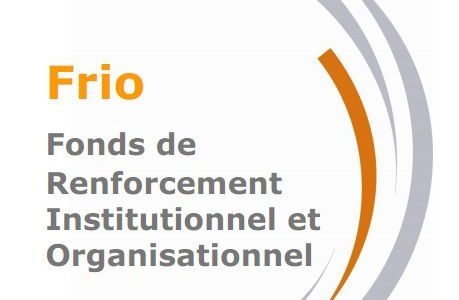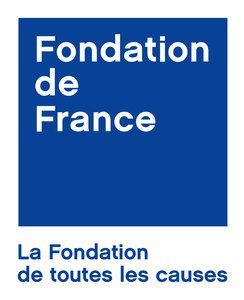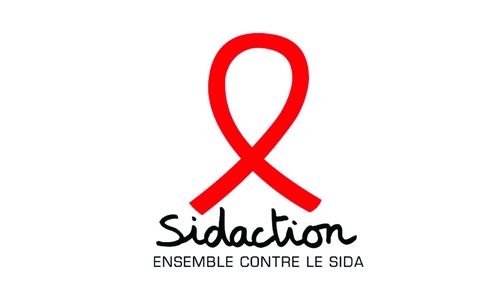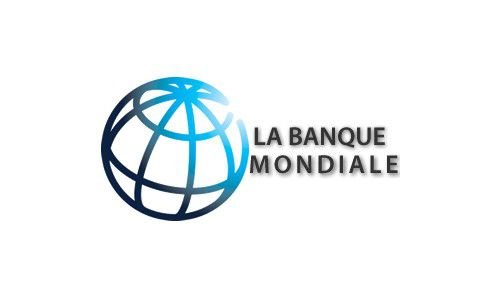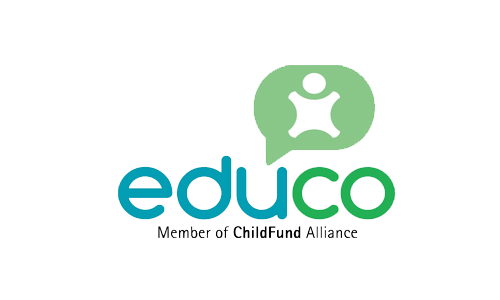
Health professionals with their various types of expertise (both health promotion personnel and care providers (clinicians, nurses, midwives, pharmacists, paramedics) or health system and health management personnel) have a central role in health systems to ensure the highest possible quality and most efficient services.
There are still many obstacles to these personnel playing this crucial role, both in terms of numbers (a shortage of qualified personnel and poor geographical distribution), and quality (poor performance, insufficient or unsuitable skills).
Faced with these multiple issues and their scale, there exist several strategies on an international level. In spite of its original intention to take a system-wide approach, Solthis has chosen to target priority actions around 3 axes:
- Improve human resources skills
- participating in the (re)distribution of tasks between health professionals and the development of new roles
- continuing the work started on task delegation, including to the community, or involving patients in certain activities (empowerment). In the context of task delegation to community protagonists and demedicalisation, supporting these processes to obtain maximum benefit and to minimise the risks
- supporting the development of new roles, as has been possible in recent years with therapeutic education and psychosocial support.
- Improve the working conditions of health professionals so that individual and collective skills can fully flourish
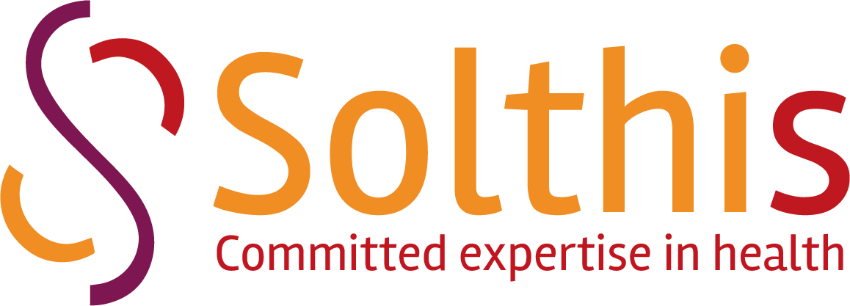
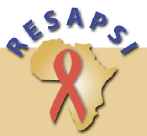 Solthis Resapsi and organized for the second time the training workshop on the methodology of clinical research. The objective of this workshop is to strengthen comptérences African doctors in clinical research on HIV / AIDS.
The workshop was held in Grand Bassam (Ivory Coast) from March 16 to 19. Nearly 30 doctors from across francophone Africa (Mali, Niger, Ivory Coast RCA, Togo, Burundi, Benin, Guinea, Burkina Faso, Senegal, Cameroon) participated in this quality training provided by international experts.
Solthis Resapsi and organized for the second time the training workshop on the methodology of clinical research. The objective of this workshop is to strengthen comptérences African doctors in clinical research on HIV / AIDS.
The workshop was held in Grand Bassam (Ivory Coast) from March 16 to 19. Nearly 30 doctors from across francophone Africa (Mali, Niger, Ivory Coast RCA, Togo, Burundi, Benin, Guinea, Burkina Faso, Senegal, Cameroon) participated in this quality training provided by international experts.

